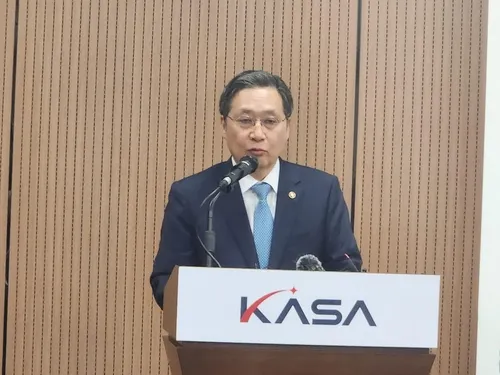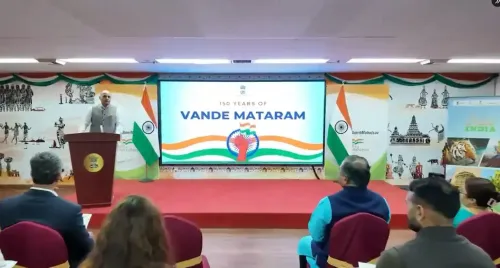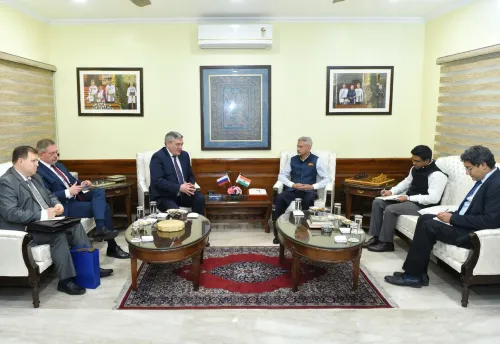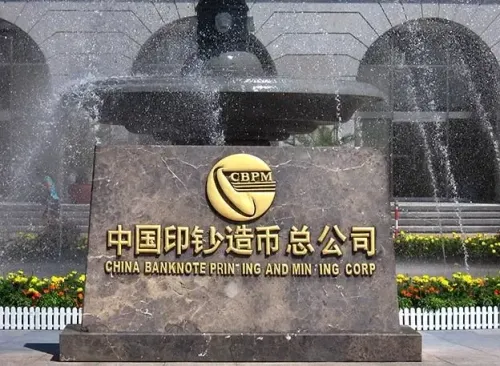Is South Korea Preparing for Mars Missions with U.S. Collaboration?

Synopsis
Key Takeaways
- South Korea is collaborating with the U.S. for future Mars missions.
- A specialized task force has been launched by KASA.
- Focus on economic viability for private companies.
- Future technologies could lead to groundbreaking innovations.
- Plans include a solar observation station and a lunar lander.
Seoul, May 22 (NationPress) South Korea's space agency has initiated a specialized task force aimed at exploring avenues for participation in upcoming Mars missions alongside the United States, according to the head of the Korea AeroSpace Administration (KASA). This announcement was made during a press conference celebrating the agency's inaugural anniversary held in Sacheon, located 290 kilometers south of Seoul, as reported by Yonhap news agency.
"The U.S. budget for space exploration is increasingly prioritizing Mars, with solid plans to send humans and establish a presence there. In South Korea, we have only recently started contemplating our actions at this crucial juncture," stated KASA Administrator Yoon Young-bin.
"We have recently established a task force," Young-bin remarked.
He emphasized the necessity to formulate exploration strategies that are not only scientifically grounded but also economically sustainable, allowing private enterprises to engage more ambitiously.
The administrator pointed out that such initiatives "could pave the way for the creation of innovative technologies that even leading nations have yet to achieve," elaborating that the task force was established to propel Mars exploration forward.
Yoon also expressed aspirations to enhance South Korea's satellite ecosystem by developing diverse models, which include low Earth orbit (LEO) and ultra-high-resolution satellites.
His vision further encompasses setting up a solar observation station at the uncharted L4 Lagrange point and creating a proprietary lunar lander, alongside securing a preeminent position in next-generation aviation technologies.
Moreover, Yoon mentioned that a technology transfer agreement for the Nuri, the nation’s indigenous space rocket, to Hanwha Aerospace is anticipated to be finalized within the year, with involved parties having reached a "broad consensus" on the issue.
"With the transfer fees and technology scope now delineated, the transfer will occur in phases. Following three launches, Hanwha Aerospace is expected to fully acquire the requisite technology and operational capabilities," Yoon concluded.









